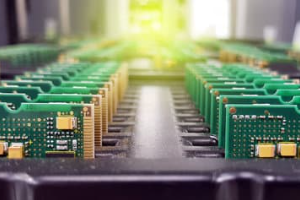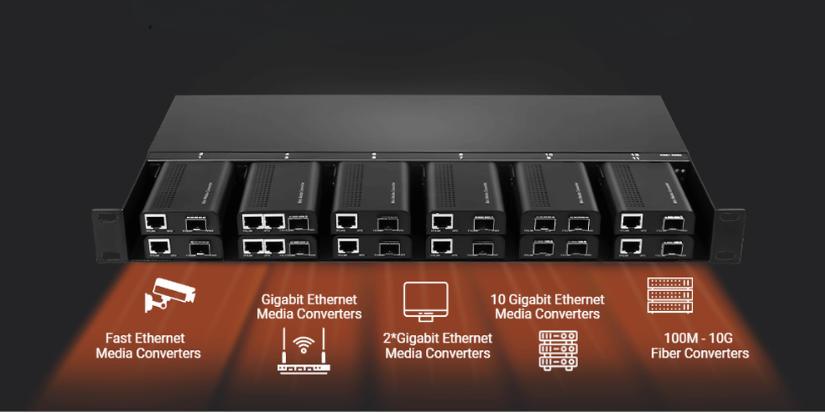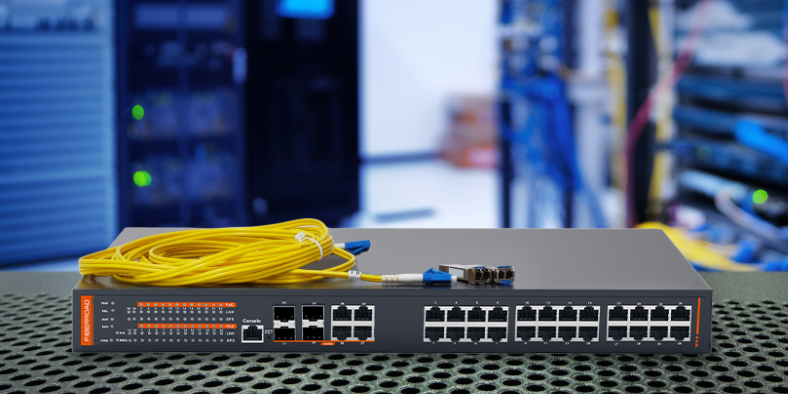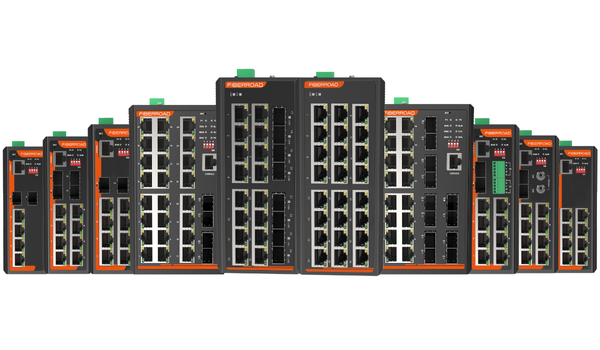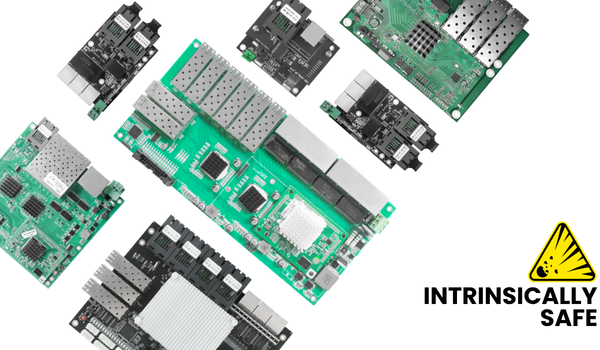Introduction to The Electric Vehicles Charging Industry
The electric vehicle charging industry is evolving rapidly. Not long ago, EV charging was a tedious process, often taking hours to fully recharge a vehicle. Today, IIoT connectivity is enabling smart EV charging that is faster, more efficient and convenient.
IIoT or the Industrial Internet of Things refers to the connectivity between industrial equipment and smart devices. When applied to EV charging, IIoT connectivity allows chargers to communicate with each other and the electric grid in real time. This communication network provides valuable data and insights that improve the charging experience for EV owners.
Faster, Smarter Charging
IIoT-connected “smart chargers” can automatically adjust charging speeds based on the electric grid’s energy demand and availability. They charge EVs at the fastest rate possible while avoiding straining the grid. Smart chargers also allow EV owners to schedule charging during off-peak hours when energy is cheaper, often while they sleep.
An Improved Charging Experience
With IIoT, EV owners can easily monitor and control charging via mobile apps. They can check a charger’s status, start or stop a charge, set charging schedules, and pay for charging sessions directly through the app. IIoT connectivity also provides charger operators with data to monitor performance, diagnose issues remotely and schedule preventative maintenance. This results in a more reliable, seamless experience for EV drivers.
While IIoT-enabled smart charging is still emerging, it is poised to revolutionize the EV charging experience with faster, more efficient and convenient charging options for eco-friendly drivers. The future of electric mobility is connected.

